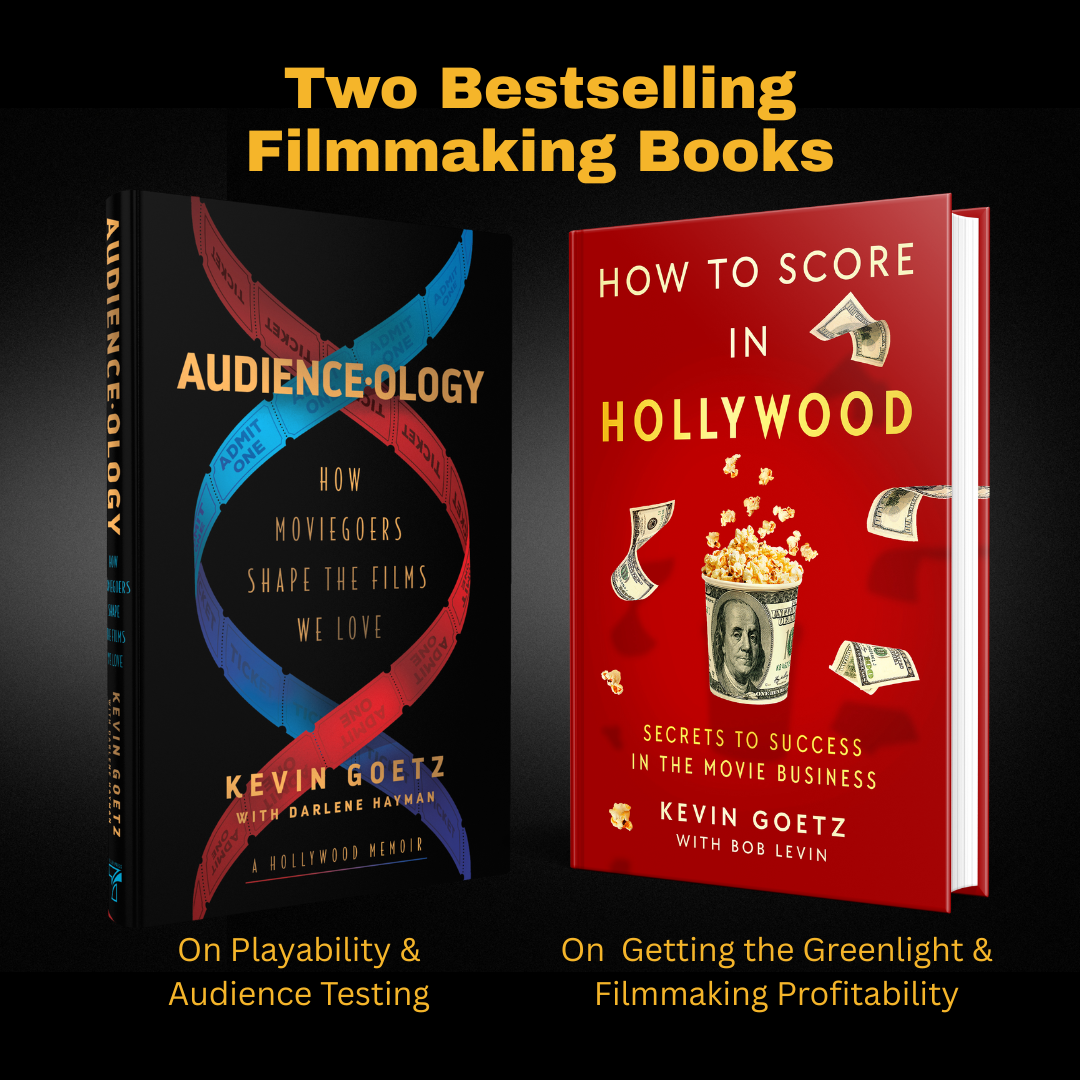
Shane Black on Redefining Action Movies and Embracing Authenticity
In the most recent episode of “Don’t Kill the Messenger,” host Kevin Goetz sits down with legendary screenwriter and director Shane Black, one of Hollywood’s highest-paid screenwriters who has redefined action films with witty dialogue, dark humor, and unforgettable characters. From Lethal Weapon to The Nice Guys, Kiss Kiss Bang Bang, and Iron Man 3, Shane discusses his journey from a self-described “oddball” to a filmmaking powerhouse.
Pittsburgh Roots and Early Influences
Born in Pittsburgh, Black shares how his father’s printing business and bookshelf of detective novels sparked his love for “tough guy literature” that would later influence his writing style. He recalls being socially awkward in his youth, often sitting alone, reading paperbacks during lunch while his classmates socialized.
My dad was a football player, a prototypical tough guy,” Black explains. “But what he left me as a legacy was not the printing aspect of it. It was a bookshelf down in our living room. And he used to read a lot of detective tough-guy stories.
This love of literature became Shane’s superpower: “My superpower of having read a book a week since I was eight years old, I have access in my head to this library of things that seem new to people. But I’m like, no, it’s not new. I’ve read a hundred books like that.”
Overcoming Personal Struggles
Black candidly discusses his battles with OCD and alcoholism, emphasizing the importance of embracing one’s unique qualities. He reveals being hospitalized for three months in high school due to debilitating OCD, showing how he transformed these challenges into creative strengths.
I was hospitalized. I was in a mental institution for three months in high school because of OCD. It was overpowering. I was paralyzed,” Black shares with remarkable candor.
One of the most powerful moments in the interview comes when Black encourages others to embrace their individuality: “Just lean into being weird. Just screw it. You have the option of being ashamed or of leaning in and embracing something that, even though it’s embarrassing for you now, will pay off later.”
The Psychology Behind His Characters
Black offers fascinating insights into his character development process, explaining how his characters often represent different aspects of his own psychology.
My nightmare is to have a really amazing plot that you’ve acquired either from a book or in your own, but not have a character inhabit it yet,” he shares. “The real work is finding a character who you can actually sort of feel comes from something that it’s a DNA that you feel in your bones, that you sort of translate to an attitude of life that you, in some ways share with this character.
He continues with a profound observation about the psychology of screenwriting: “If you write a script, let’s say about an old guy who’s curmudgeonly and a young guy who’s optimistic, and they always fight. It is psychology. It’s a part of you fighting another part of you. You have both viewpoints. You’re just allowing the battle.”
The Creation of Lethal Weapon
Black describes Lethal Weapon as “an urban western” with Mel Gibson’s character representing a complex, damaged figure.
Lethal Weapon, to me, is an urban western. And instead of the old gun slinger who’s become sort of useless and outmoded, you had the Vietnam veteran who comes back from having these horrible experiences, branded a baby killer, and yelled at and excluded. And they view him as a monster. Mel Gibson’s character is essentially a Frankenstein kept in a cage who lives by himself.
This character analysis reveals Black’s deeper themes: “He knows evil never sleeps. So, he just sits by himself and is reviled for the knowledge that everyone else wishes weren’t true. He knows the thing. And so when something happens and violence intrudes on this, otherwise sort of beautific, they take a kid, they kidnap someone, they come to him and say, oh shit, we gotta go to the Frankenstein now.”
Working with Hollywood Icons
Black shares insights about working with legends like Richard Donner (“Big Heart”), Tony Scott (“Meticulous and easygoing”), Joel Silver (“Out of his mind, but delightful”), and Robert Downey Jr., whom he describes as “Lightning in a bottle.”
On Downey Jr., Black elaborates: “Lightning in a bottle is a guy who, once you get a movie going, sometimes you have a good script, but you lack the magic man. So you have an actress says, I’ll say the lines, Downey was like, I’ll say the lines and then I’ll give you more. And sometimes it would be something off track that you didn’t expect. But I’ll tell you what, when you’ve got a magic man like that, you find that like 30% of your movie is now elevated with stuff that wasn’t there when you wrote it.”
From Writer to Director
Black explains his transition to directing to have more creative control over his work, highlighting the frustrations of handing over screenplays.
When you write something, you turn it over and it goes, ‘Hey, we’ll take it from here.’ And they make a movie and you’re back at square one on page one with the same terrifying blank space. And you have to start all over again. And so you, you do all this work only to give it away and be exactly where you started. And that’s all uphill again. When you direct, you get to move to the next level.
He adds an interesting perspective on the filmmaking process: “Someone once said that filming a movie is shopping. It’s like when you go to the store and you get your tomatoes, it’s getting the ingredients and then the editing room was everything. That’s where you cook.”
Latest Project: Play Dirty
Black discusses working with Mark Wahlberg and adapting Donald Westlake’s Parker series for Amazon, calling Westlake “the king” among mystery writers and explaining his lifelong admiration for these stories he first read at age 12.
One of my favorite writers has always been Donald Westlake,” Black explains with enthusiasm. “He did this remarkable thing where he would do a series of comic crime novels about a guy named Dortmunder…but then he would also do this darker thing. He’d put on a different hat and write about this professional thief named Parker. And they were the gold standard that other mystery writers would point to and go, yeah, well, we’re good, but really the king is gonna be this guy Westlake.
Throughout the conversation, Black offers a masterclass on screenwriting in Hollywood. Black and host, Kevin Goetz, discover numerous personal connections, creating an intimate portrait of a filmmaker who transformed Hollywood’s action genre. His journey from a bookish child to acclaimed filmmaker serves as proof that leaning into one’s uniqueness can lead to extraordinary creative achievements.
Don’t miss the full conversation on “Don’t Kill the Messenger” to hear more about Chris Landon’s Hollywood journey and insights into his groundbreaking films.
Don’t Kill the Messenger, hosted by movie and entertainment research expert Kevin Goetz, brings his book Audienceology to life. This bi-monthly podcast takes a peek behind the filmmaking curtain as Kevin talks with famous filmmakers, studio executives, stars, and other creatives about movies, filmmaking, audience test screenings, and much more.
For more information about Mike Medavoy:
For more information about Kevin Goetz:
Website: www.KevinGoetz360.com
Audienceology Book: https://www.simonandschuster.com/books/Audience-ology/Kevin-Goetz/9781982186678
Facebook, Twitter, Instagram: @KevinGoetz360
Linked In @Kevin Goetz
Screen Engine/ASI Website: www.ScreenEngineASI.com
For deeper insights into what makes a movie resonate and succeed, don’t miss the upcoming book How to Score in Hollywood (September 2025) by entertainment research expert Kevin Goetz with Bob Levin. This book unveils the secrets behind success and profitability in the movie business, showcasing how smart, data-driven decisions—from development through release—can help filmmakers minimize risks and maximize returns.
Kevin, the founder and CEO of Screen Engine/ASI, is also the bestselling author of Audience-ology, host of the popular Don’t Kill the Messenger podcast, and a speaker who educates the filmmaking community through keynotes and global presentations. In 2024, he was honored with the prestigious American Cinematheque Power of Cinema Award for his transformative contributions to the film industry.






